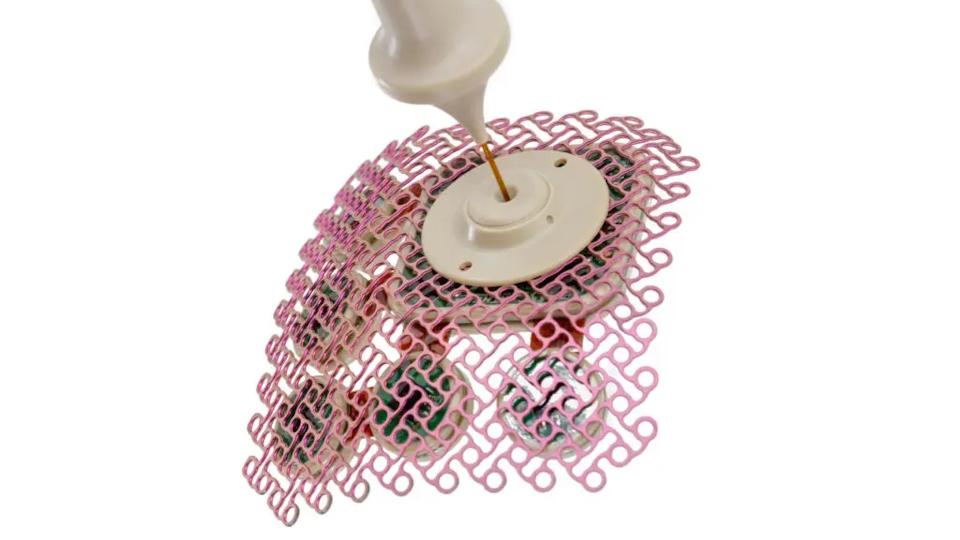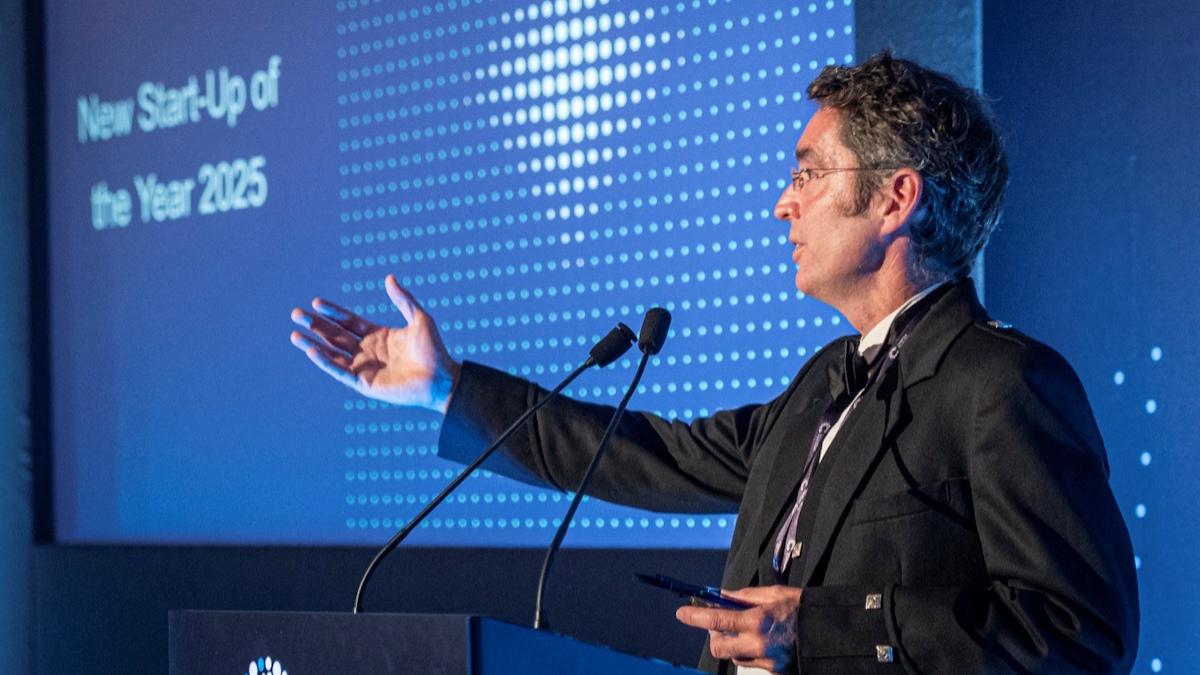France agrees to fund experimental glioblastoma therapy

France has agreed to provide temporary funding to help a clinical trial of an experimental therapy for glioblastoma, a notoriously hard-to-treat form of brain cancer, to go ahead.
The French High Authority for Health (HAS) will take over the costs of providing Carthera’s SonoCloud-9 drug delivery device to French subjects in the pivotal SONOBIRD trial, which aims to enrol around 560 recurrent glioblastoma (rGBM) patients across 40 sites in the US and Europe over the next two years.
SonoCloud-9 is implanted into the skull and emits ultrasound to temporarily increase the permeability of blood vessels in the brain, improving the delivery of therapeutic molecules. It is activated just before a therapeutic agent is injected – carboplatin in the case of the SONOBIRD trial, which will be compared to current rGBM therapies lomustine or temozolomide.
The HAS funding is being provided in the context of France’s Forfait Innovation framework, which makes it possible for patients to access medical devices, in vitro diagnostic, or medical procedures before they are covered by the mainstream health system. It isn’t a widely deployed route, having been used for just 18 medical devices since it was first set up 15 years ago.
Approval by HAS is just the first step in the process, and Sorbonne University spin-out Carthera will now have to have budget discussions with the French Ministry of Solidarity and Health.
rGBM is an extremely aggressive cancer that typically kills patients within 15 months, and has very few treatment options.
Chemotherapy, radiation, and surgery only work for around six months before the disease re-establishes itself, and efforts to develop newer therapies have proved fruitless in recent years – often because they struggle to cross the brain-blood barrier (BBB). The cancer kills more than 10,000 people in the US and 15,000 in the EU every year.
Carboplatin has been chosen for use with SonoCloud-9 as it has shown evidence of efficacy, even though it struggles to cross the BBB, and has limited central nervous system (CNS) toxicity at high doses.
HAS reviewing early-access protocols for drugs
Meanwhile, the HAS has said it plans to revise its procedures for evaluating early access to innovative medicines, drawing on the experience of the FDA in this area, and expects to publish more information on the plans at the start of 2025.
The overall aim is to define the minimum data required for inclusion in the programme and to set out the standard for data that will confirm or refute the clinical benefit of the drug, within a reasonable timeframe, to mitigate the risks to patients.













